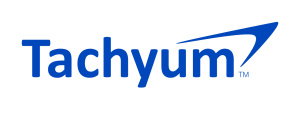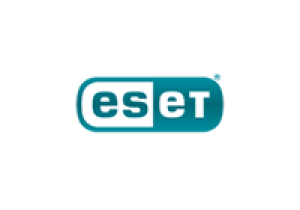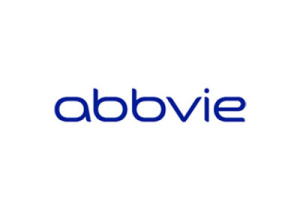Peter Muška
His original occupation is geophysicist. After graduation from the Faculty of Natural Sciences in 1972 he worked in the field of research. In 1975 he defended the doctorate at Faculty of Natural Science of Comenius University in Bratislava in the field of physics of minerals and in 1988 he defended the PhD title of geological sciences at Geophysical Institute of the Slovak Academy of Science.
From 1989 he dealt with the management activity aimed especially at economic area. In 1993 he obtained “professional certificate in management“ at City University in Bratislava. At the end of 1993 he started to work in the branch workplace of the Commission of the European Union in Bratislava “Phare Coordination Office“ where he was in charge of the field of infrastructure. The opening of the Delegation of the EU Commission in Bratislava on 01/01/1995 meant that Phare Office was included in it. His workload meant monitoring sectoral policies and programme and project management financed from Pre-Structural Funds for the field of environment, transport and power engineering. The accession of Slovakia to the European Union meant the transformation of the Delegation and the responsibility for programmes were assumed by the individual ministries.
Since May 2005 he has been employed in the Ministry of Economy, he currently works as the first secretary at Permanent Mission of the Slovak Republic at the European Union. His competencies include the issues of competitiveness with regard to industry and entrepreneurship in the context of fulfilment of objectives of the Lisbon Strategy. This covers mainly: small and medium-sized businesses, better regulation, chemical legislation (REACH and GHS), industrial policy and innovation.
Sign in to Autumn ITAPA 2024
-
Better law regulation in the EU and its influence on informatization | Kongres ITAPA 2007: Living Online
One of the natural properties of a man is competitivity and the desire to win. This property generates progress what leads to achievements. Another property is the effort to maintain the achievements. The size of the company is proved by support of those human properties. But is it always like that? Do the powers of the company act always in the correct direction? The information and statistics assist in company management. Their thorough analysis enables the company and the state to plan the direction of assistance and to efficiently use transparent tools for fulfilment of the programme objectives. The same information and statistics, however, generate administrative burden which the entities include in their prices. Which part of administrative costs is “good” and what is “bad”? Which part of administrative costs is necessary and under which conditions and which part is just a result of eager observation of legislation? Can be the part of administrative costs which increases the price of the product thus excluding it from the market when its substitution, i.e. acquisition of information in another way shifts the product to the category of competitive product addressed as inevitable? What is the content of better legal adjustment? Why does EU Commission consider the field of better regulation and reduction of administrative burden one of the key fields in the fulfilment of objectives of the Lisbon Strategy of competitiveness and growth? What are the objectives and tools on the Community level? And especially – what tools does the state have to guard and remove the eager bureaucracy?




















